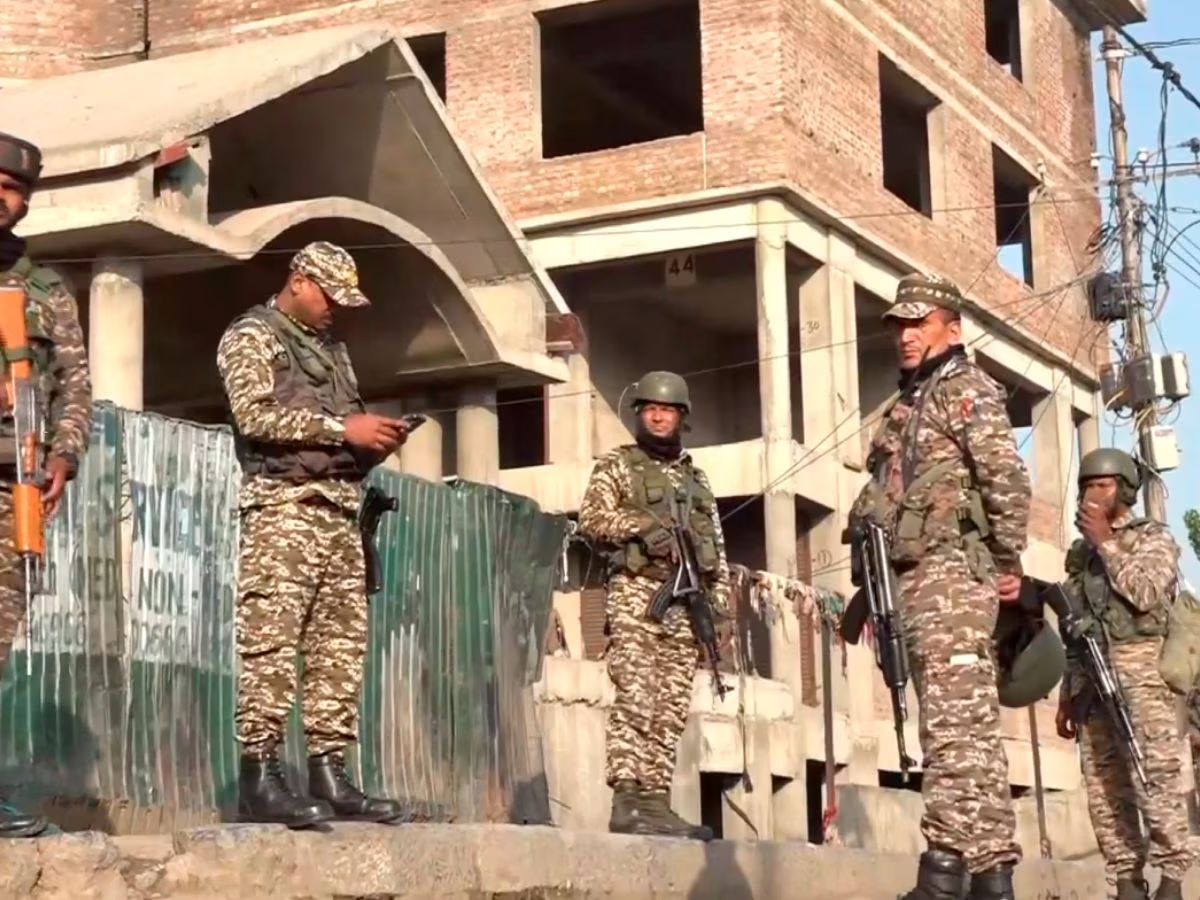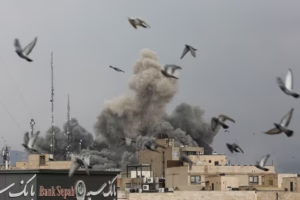Crisis Deepens: You might have heard about major shake-ups happening within Pakistan’s armed forces recently. The country faces what experts claim could be its worst military crisis in years as thousands choose to leave their posts. This sudden exodus raises alarm bells for Pakistan’s Chief of Army Staff, General Asim Munir, who must solve these issues quickly.
Mass Resignations Rock Military Establishment
Recent reports confirm that approximately 4500 soldiers and 250 officers have submitted their resignations from Pakistan’s armed forces. This major event comes after months of rising tension within military ranks and growing concerns about safety, compensation, and morale.
You can trace these problems back to several causes that exist within Pakistan’s current military structure. Many young troops cited poor living conditions and inadequate wages as their chief reasons for leaving. Others point to increasing danger from border conflicts and internal security threats.
Crisis Deepens: Fear Following the Pahalgam Incident
Military experts think the recent Pahalgam incident in India might have played a vital role in this decision by many Pakistani soldiers. After this event, fear of a potential Indian military response has reportedly grown among lower ranks.
You would never expect such large-scale departures in a nation where military service holds strong prestige. These troops chose to leave despite Pakistan’s proud military tradition and the social status attached to serving.
- Deteriorating conditions at border posts
- Inadequate combat preparation and training
- Growing threat perception after regional incidents
Economic Factors Behind The Crisis
The current state of Pakistan’s faltering economy cannot be ignored when examining this crisis. Military budgets have faced major cuts despite rising costs for basic supplies.
You might wonder how soldiers could afford to leave their stable jobs in today’s tough economic climate. Many former troops claim their wages barely cover family needs while deployment risks keep increasing.
“When you place young recruits under constant threat without proper support, these kinds of mass departures become inevitable,” notes one defence analyst who asked to remain anonymous.
General Asim Munir’s Mounting Challenges
For Chief of Army Staff General Asim Munir, these resignations create a whole range of urgent issues that demand immediate action. His staff must address not only the personnel shortage but also deeper morale problems.
You should understand that replacing 4,750 trained military personnel won’t happen overnight. Training cycles take years to complete, while current geopolitical tensions allow little grace period for rebuilding forces.
General Munir has called emergency meetings with senior leadership to craft their quick response. Inside sources claim several plans might already exist to raise compensation and improve field conditions.
Crisis Deepens: Regional Security Implications
This crisis raises serious questions about Pakistan’s ability to maintain its defence posture along contested borders. Both China and India watch these developments closely while making their moves.
You could argue that timing makes this situation especially troubling for Pakistani leadership. With regional powers expanding their military capabilities, Pakistan’s armed forces cannot afford such major personnel losses.
- Reduced ability to patrol disputed territories
- Slower response times to security incidents
- Potential exploitation by militant groups
Public Reaction and Government Response
Pakistan’s government officials have tried to downplay the scale of these resignations while assuring citizens that national security remains intact. However, public doubt grows as news continues to spread.
You might notice how state media avoids direct mention of these departures while focusing instead on recruitment drives. This media strategy seeks to manage public perception during this sensitive period.
“The people still trust our armed forces completely,” stated the Information Minister in a brief press conference. “These routine personnel changes happen within every professional military.”
Crisis Deepens: Looking Toward Resolution
Military analysts think General Munir might implement urgent reforms to stem further losses while rebuilding troop numbers. These steps could include:
You would expect immediate salary increases for frontline soldiers and junior officers. Better housing conditions and family support might also help retain wavering personnel.
The army might offer special incentives for those reconsidering their resignation decisions. Early reports suggest some officers have already withdrawn their papers after receiving direct assurances from senior command.
Conclusion
This unprecedented situation where 4500 soldiers and 250 officers choose to resign presents Pakistan’s military leadership with complex challenges. General Asim Munir faces perhaps his toughest test since taking command.
You should watch closely how Pakistan addresses these issues while maintaining its strategic posture. Their success or failure could reshape regional power dynamics for years to come.
Whether these resignations signal deeper institutional problems or represent temporary dissatisfaction remains unclear. What seems certain is that Pakistan’s military finds itself at a critical crossroads during already uncertain times.







Be First to Comment